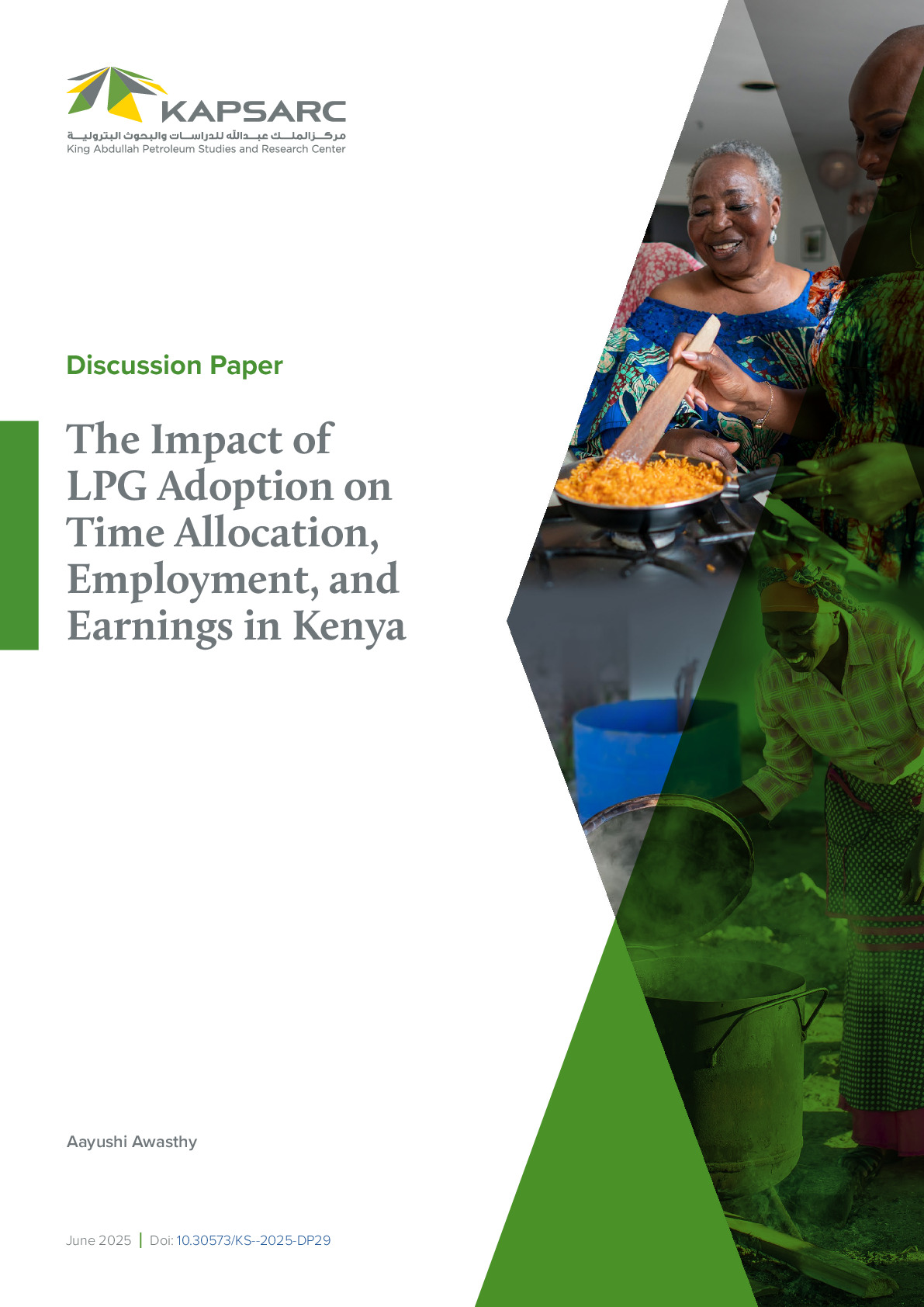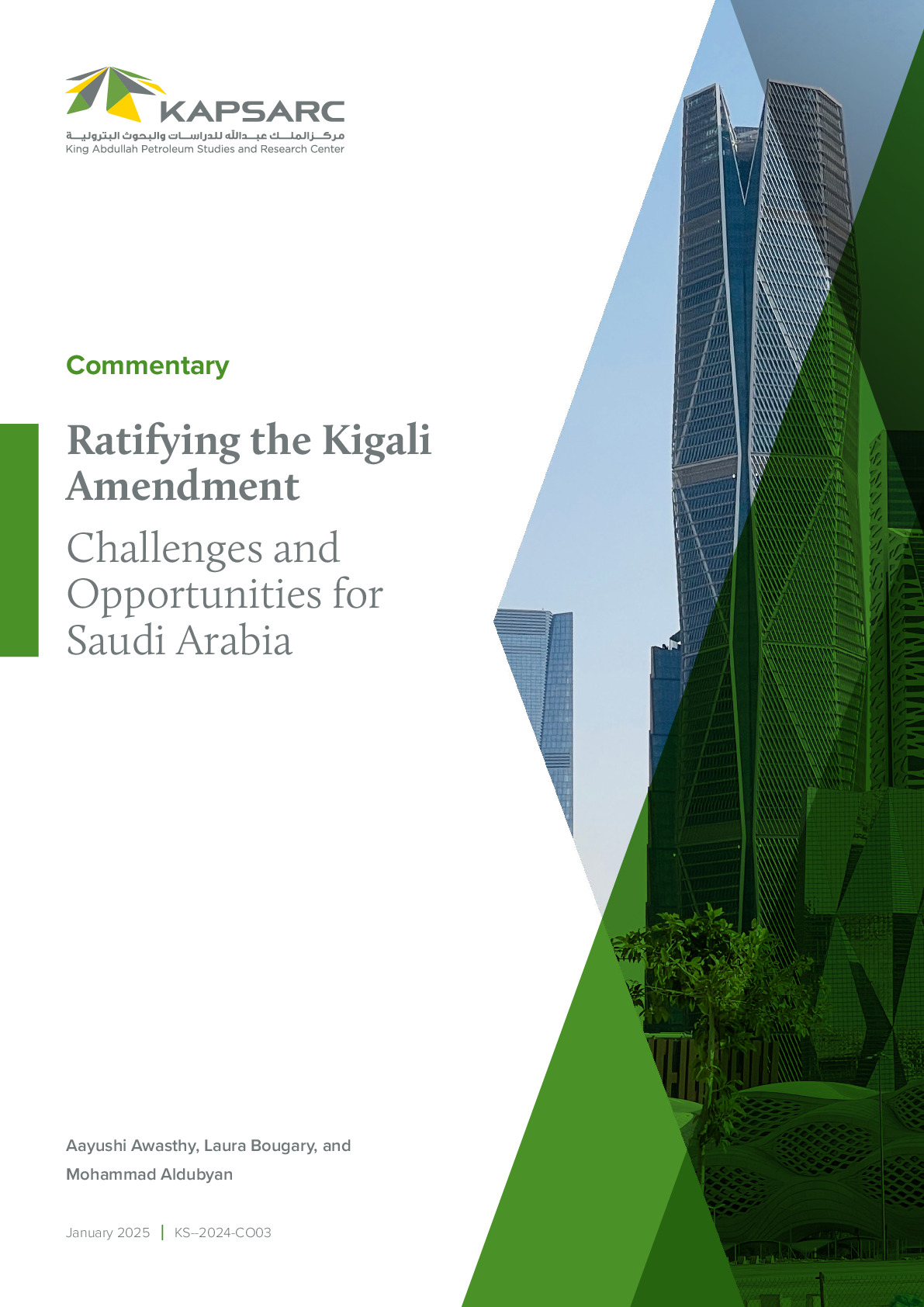This study investigates how access to liquefied petroleum gas (LPG) affects time allocation, employment, and earnings in Kenya, using data from the country’s first nationally representative time use survey, Kenya Time Use Survey 2021 (KTUS) (Kenya National Bureau of Statistics 2023a), merged with the Kenya Continuous Household Survey Programme 2023 (KCHS) (Kenya National Bureau of Statistics 2023b). The study examines whether LPG adoption reduces unpaid domestic labor and whether the resulting time savings are reallocated to paid work, particularly among women. The results show that men generally reap greater employment benefits and higher earnings – by approximately 7,400 Kenyan shillings (KES), or about US$60 – while women primarily reduce unpaid domestic labor by nearly 27 minutes per day. For women, time saved does not consistently translate into greater labor market participation, reflecting structural constraints such as limited job access and prevailing gender norms. These findings suggest that while clean cooking technologies improve household welfare, their full economic benefits – especially for women – depend on broader, gender-sensitive policy support in both the labor and energy sectors.

Fellow- Climate & Sustainability
Expertise
Publications See all Aayushi Awasthy’s publications

The Impact of LPG Adoption on Time Allocation, Employment, and Earnings in Kenya
This study investigates how access to liquefied petroleum gas (LPG) affects time allocation, employment, and…
25th June 2025
Ratifying the Kigali Amendment Challenges and Opportunities for Saudi Arabia
This study investigates how access to liquefied petroleum gas (LPG) affects time allocation, employment, and…
23rd January 2025